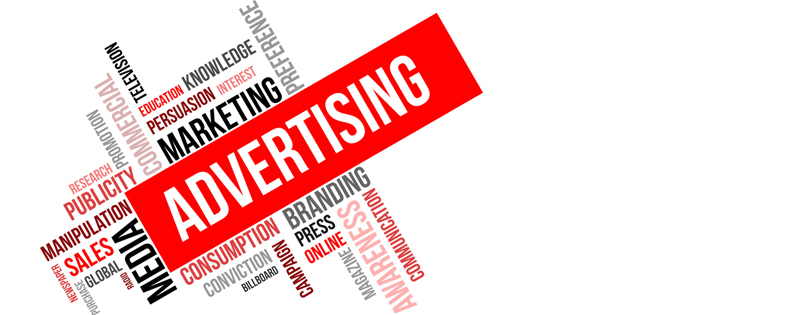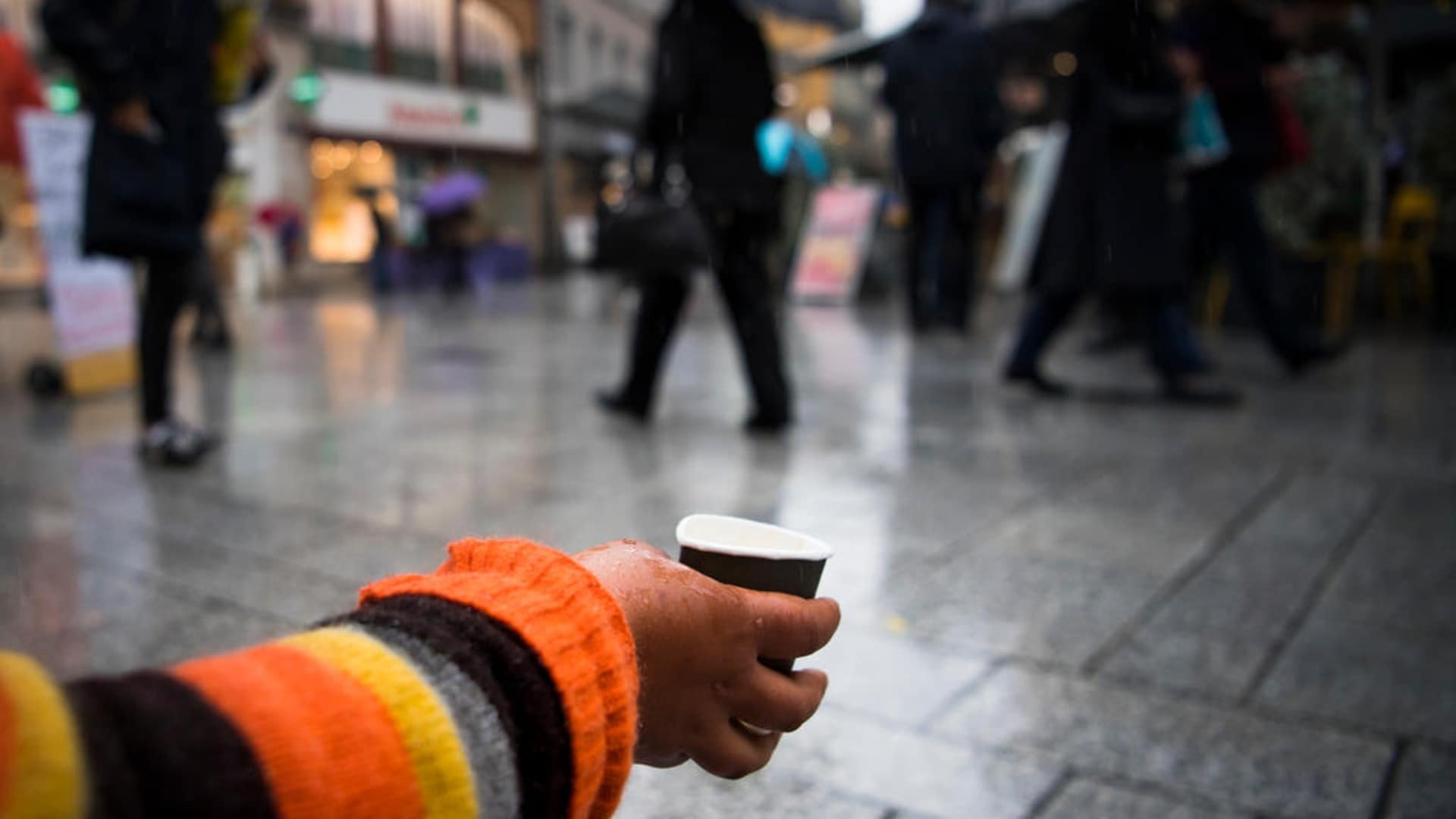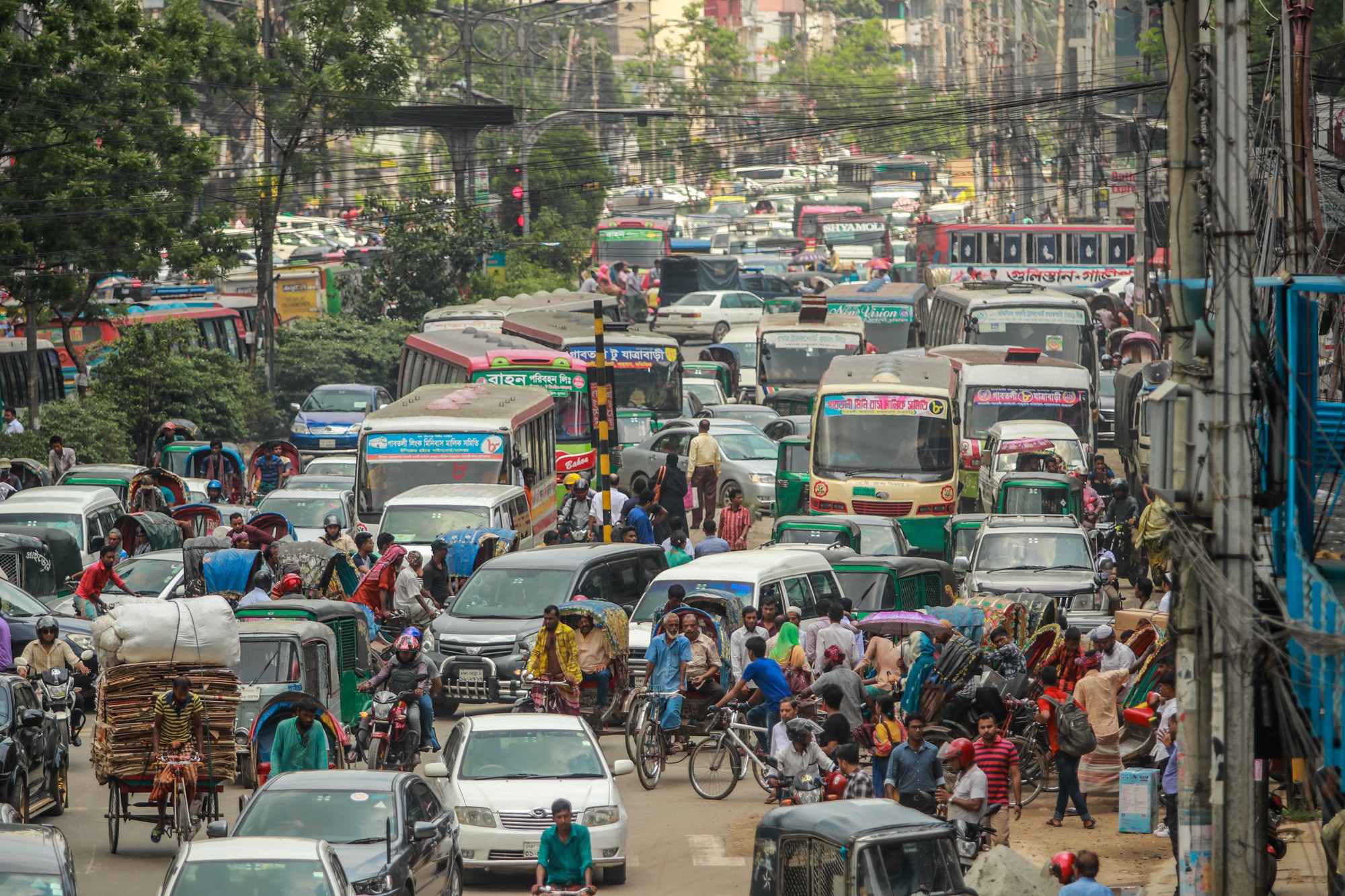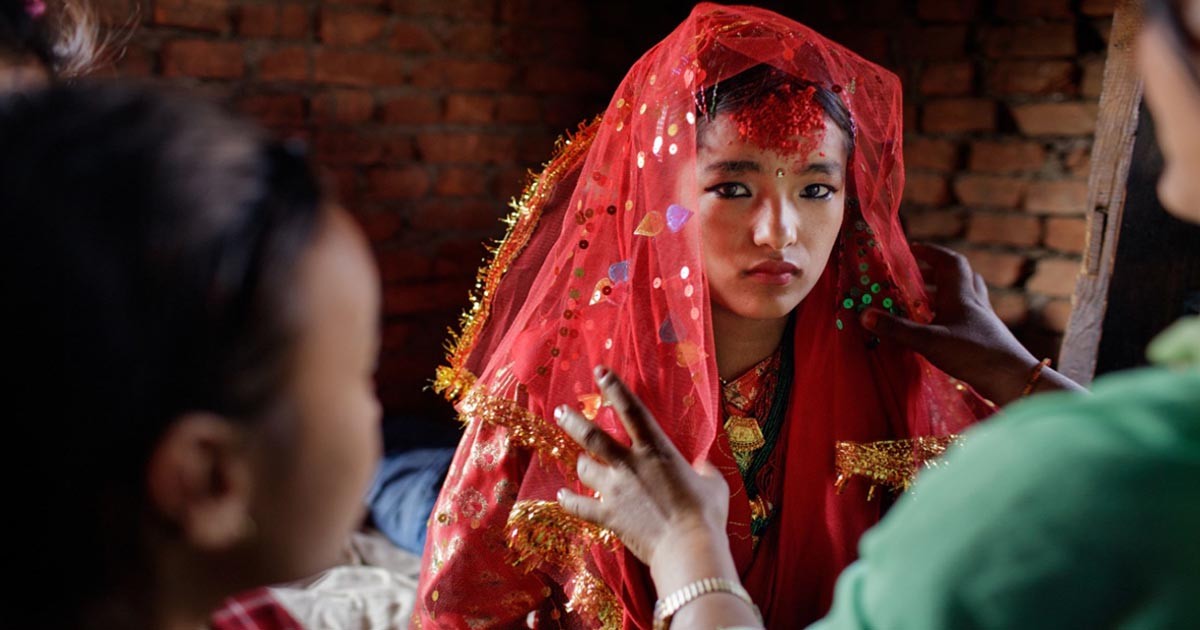Zakat: A Compulsory Practice

Islam is a religion that gives the message of love and peace. When some of us keep buying attires ahead of Eid, there are many people who cannot think of buying a single new cloth. When we are preparing a special menu, there are many people around us who are not certain whether they will be able to get any meal on Eid day. This acute social imbalance can be reduced by paying Zakat. It is this moto of making the world a better place and helping others that Islam emphasizes on charity. In Islam, charity holds such a great place that it is an obligation on Muslims in the form of Zakat. In Islam, Zakat is one of the major pillars of Islam, and those who are wealthy enough, for them it is mandatory to give Zakat.
Zakat means increasing, cleaning, abundance, and as a religious term, it means giving away some part of the goods to certain people in order to please Allah. Zakat is not a donation but it is the right of the poor. One who does not give zakat violates the right of the poor; so, he consumes haram. Thus, haram mixes into his property. When a rich person gives zakat, he protects his wealth from haram. Thus, Zakat cleans the goods.
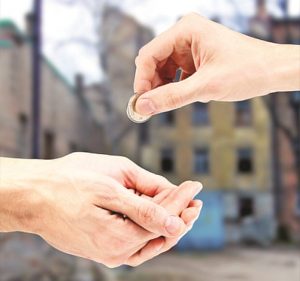
According to the Hanafi madhab, Zakat has to be paid by Muslim adults who are mentally sane and in possession of an amount of wealth [net assets] above the Nisaab. The Shafi, Maliki and Hanbali madhabs are of the view that Zakat is also payable by children and the insane, as long as their wealth is above the Nisaab threshold. Assets to include in your Zakat calculation are cash (in hand, in bank accounts or money lent to someone), shares, pensions, gold and silver. Personal items (your home, furniture, cars, food and clothing) are not included in Nisaab. The word Nisaab means the minimum amount of property or wealth/assets that must be owned by a Muslim before s/he is obliged to start paying Zakat. To determine the Nisaab, there are two measures: either gold or silver. In silver: the Nisaab by the silver standard is 21 ounces of silver (612.36 grammes) or its equivalent in cash. And gold: the Nisaab by the gold standard is 3 ounces of gold (87.48 grammes) or its cash equivalent. You should record the Islamic date on which you first became the owner of Nisaab – if, on the same date the following lunar year, you are still the owner of Nisaab, you will be obliged to pay Zakat. The calculation is slightly higher if you’re using a western, Gregorian calendar vs. the lunar Hijri calendar. If you follow the western calendar cycle you have to pay 2.557% of your net worth. If you follow the Hijri calendar you have to pay 2.5% of your net worth. Many Muslims choose to give it during Ramadan as the rewards for good deeds performed in Ramadan are greater than in any other month.
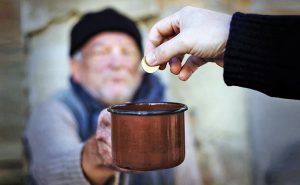
Zakat can only be paid to specific beneficiaries and projects. The Qur’an (Surat At-Tawba, Ayat: 60) mentions eight groups of people on who Zakat should be spent: The Fuqara’ (the poor), Al-Maskin (the needy), Aamileen (Zakat collector), Muallafatul Quloob (poor and needy who recently converted to Islam), Ar-Riqaab (slaves; Zakat can be used to purchase their freedom), Ibnus-Sabeel (A stranded traveller in need of financial assistance), Al Ghaarimeen (A debtor) and Fi Sabeelillah (Those who are away from home in the path of Allah). Paying Zakat to near relatives is permissible. But it is not permissible for one to distribute Zakat to blood relatives. Their financial obligations and upkeep is the responsibility of the wealthy relatives. If the blood-relatives are not amongst those whose financial upkeep is a wealthy Muslim’s responsibility like one’s brothers and sisters, aunts and uncles, cousins, mother-in-law, father-in-law and such near relatives, and they are needy or are unable to meet their expenses, have the absolute first right to get Zakat. One, who pays Zakat to his/her relatives, will get double rewards from Allah.
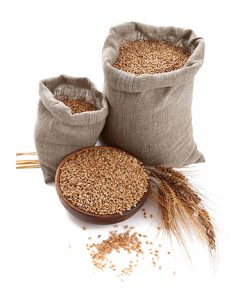
If any owner of gold or silver does not pay what is due on him (Zakat), plates of fire would be ready for them in the Day of Resurrection; these plates would be heated in the fire of Hell and their sides, forehead and back would be cauterised. Allah strongly warned those who don’t pay Zakat properly. Thus He said, “Those who hoard up treasures of gold and silver and spend them not in the way of Allah; give them the news of a painful punishment, on the day when that (wealth) will be heated in the Fire of Hell and with it will be branded their forehead, their sides, and their backs, (and it will be said to them:) ‘This is the treasure which you hoarded for yourselves. Now taste of what you used to hoard.’” (Sura Tawba: Ayat 34-35).
Zakat, as implemented by our Prophet (pbuh) and the rightly-guided Khalifas, forms the basis of an economic system which ensures economic security, with dignity, to everyone under its jurisdiction, right here, in this world.
Tags :
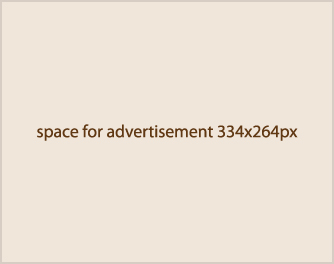
- Last News
- More Read
- How celebrity endorsement is being used to dupe us 4 years ago
- Begging: The pull and push factors 4 years ago
- 4 reasons to travel around by a cycle 4 years ago
- Sumptuous soup to maintain your health 4 years ago
- Why so many educated youths are unemployed? 4 years ago
- When you are doing a sedentary job 4 years ago
- Unique ideas to decorate your office desk 4 years ago
- Lips: Making it bold & beautiful 4 years ago
- Masks you must have in your closet 4 years ago
- Of Congestion and exasperation 4 years ago
- Dishes to try out this Eid 1935
- Winter hacks: A quick guide 1923
- Makeup Game: Give It An Arabian Twist 1773
- Of Patriotism And Fashion 1755
- Parties: What To Take Into Account 1675
- Desi designers you should have an eye on 1649
- Luscious Cheese Kunafa 1589
- A tour around Bangabandhu Safari Park 1472
- Masks you must have in your closet 1452
- Small Budget, Big Makeover 1435
Copyright ©2019, All Rights Reserved. Development by: webnewsdesign.com


